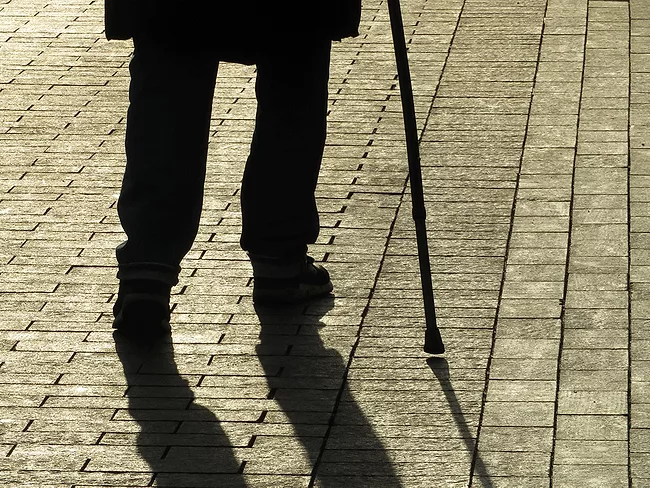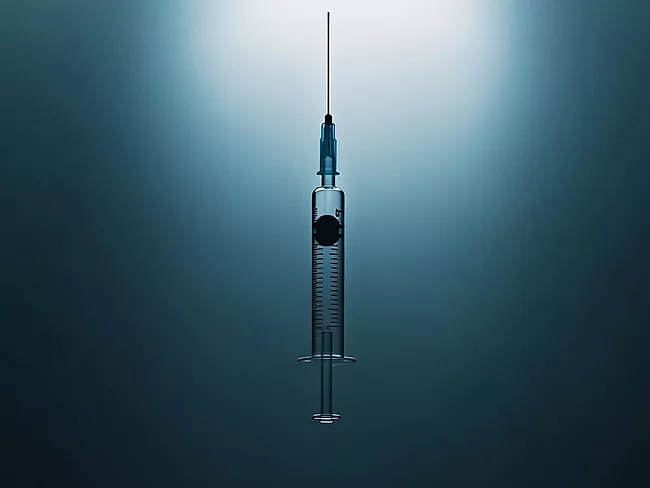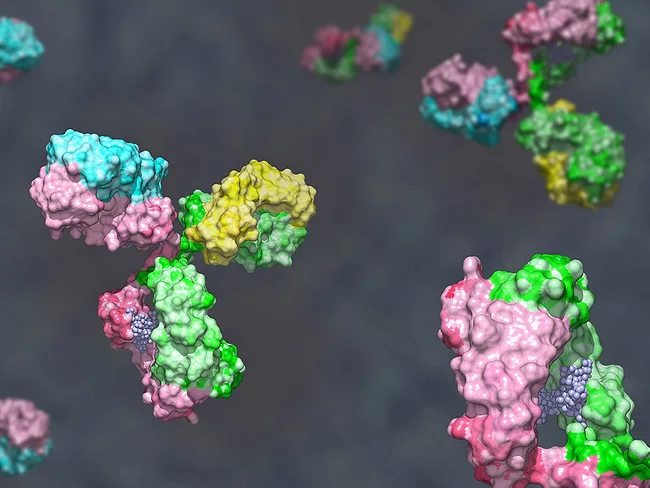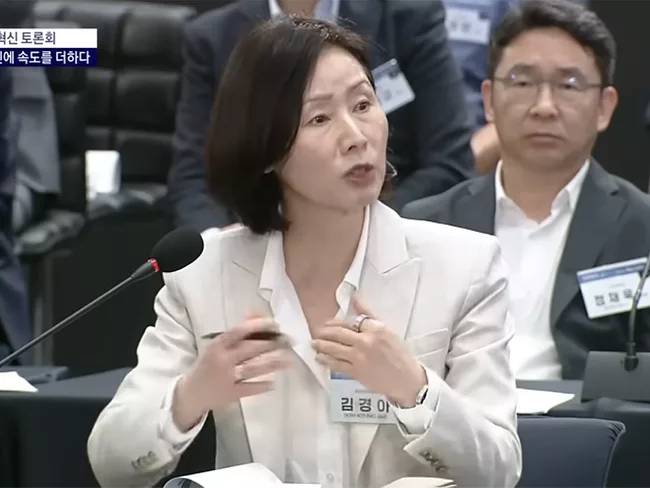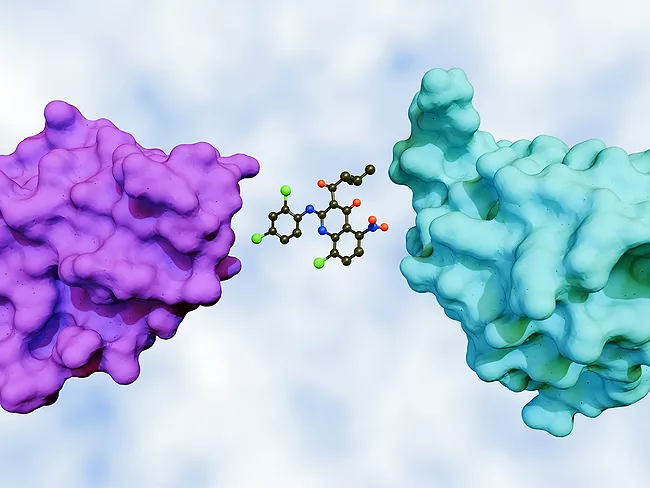
Immune, BioWorld
Drug design, drug delivery & technologies
Cancer vaccines face collateral damage of mRNA funding cuts
Read MoreDrug design, drug delivery & technologies
Animosity toward mRNA COVID vaccines puts basic science at risk
Read MoreDrug design, drug delivery & technologies


